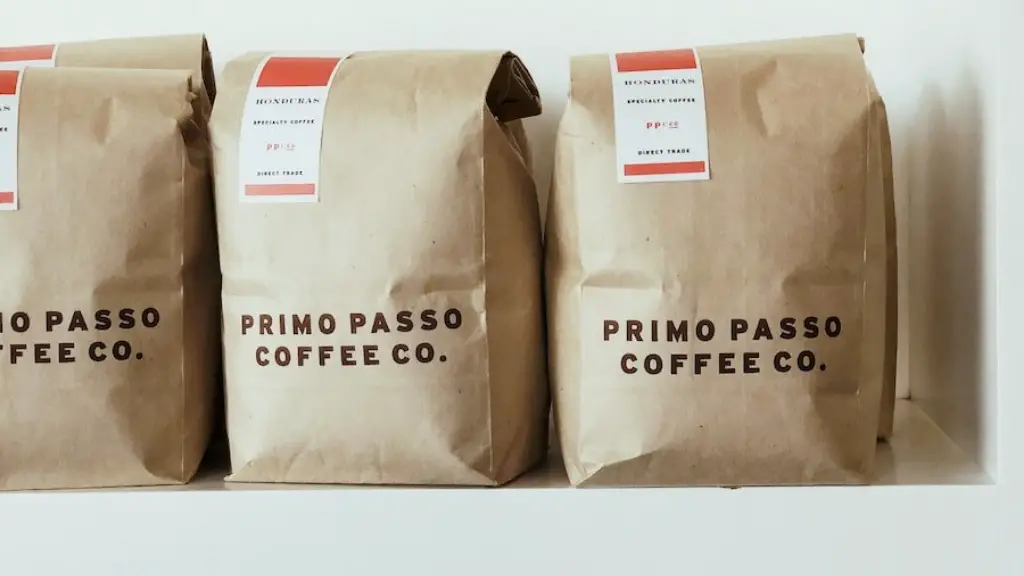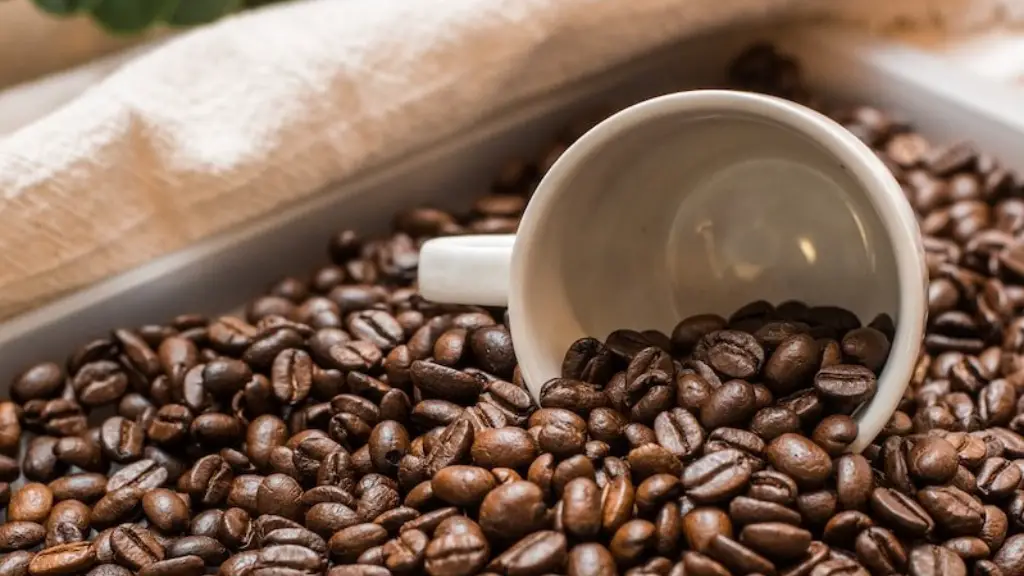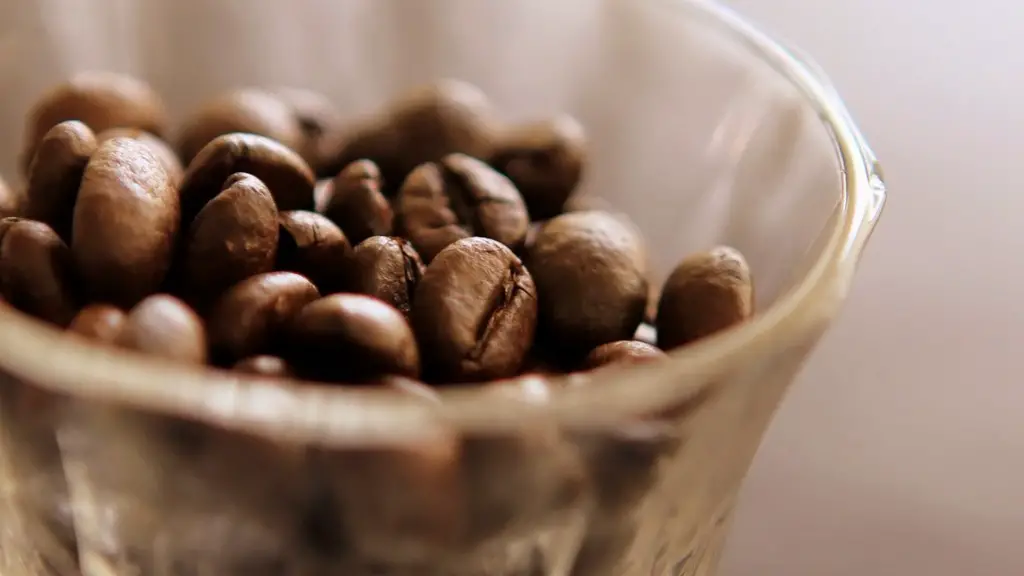Rhinoplasty is a surgical procedure that alters the shape of the nose. It is a very common operation for both medical and cosmetic reasons, and it is now one of the most popular types of plastic surgery. While a rhinoplasty can help improve the appearance of the nose, it is important to understand how to properly care for the nose after the procedure. One of the biggest questions that patients have during recovery, is whether they can drink coffee after rhinoplasty.
Coffee and other caffeinated beverages contain a stimulant called caffeine. Caffeine can affect the body in various ways. It can boost energy, alertness and focus. It can also cause dehydration, insomnia and rapid heart rate, which can further complicate the healing process after a rhinoplasty. Additionally, caffeine can increase blood pressure and lead to an increased risk of infection in the nose.
Experts advise patients to avoid all forms of caffeine during the recovery period. This includes coffee, tea and energy drinks. For those who undergo rhinoplasty and cannot do without their regular dose of caffeine, some suggest drinking decaffeinated coffee or tea. It is important to keep in mind that a regular cup of decaf coffee still contains a small amount of caffeine, which may affect the nose if it is consumed in excess.
Rhinoplasty patients should focus on hydrating their bodies with plenty of water to promote healing. Water helps flush out toxins and can help reduce swelling and improve blood flow in the area. It is also important to follow the instructions provided by the doctor, including getting ample rest, avoiding strenuous activities and avoiding sun exposure.
It is essential to take proper care of the nose during the recovery period. Drinking coffee after rhinoplasty should be avoided due to the stimulant properties of caffeine and its potential to hamper the healing process. Following the recommended post-op instructions and hydrating the body with plenty of water can help ensure a successful recovery after rhinoplasty.
Potential Complications of Coffee
As mentioned previously, coffee contains caffeine, a stimulant that can cause rapid heart rate and dehydration. It can also cause insomnia and heightened anxiety, both of which can interfere with recovery after rhinoplasty. Caffeine can also lead to increased bleeding and swelling in the area, which can further complicate the healing process.
Additionally, some research has linked caffeine to increased blood pressure, which can be a concern for those who are at an increased risk of hypertension. In fact, those who have a family history of hypertension should speak to their doctor before consuming any kind of caffeinated beverage.
Furthermore, drinking coffee can lead to dehydration, as it doesn’t provide the body with any essential hydration. Dehydration can worsen the symptoms associated with rhinoplasty, including swelling and pain, and can even lead to infection in the nose.
Finally, consuming caffeine can affect the body’s natural ability to heal by reducing the effectiveness of any prescribed medications. Therefore, it is important to consult a doctor before consuming any caffeinated beverages during rhinoplasty recovery.
Alternatives for Coffee Lovers
For those coffee lovers who cannot do without their daily cup of joe, there are a few alternatives that can provide the same energy boost without the negative side effects. Herbal teas, such as green tea, are an excellent source of antioxidants, which are known to promote healthy healing after trauma. Additionally, some people opt for decaffeinated coffee or tea, which still offers some degree of energy boost without the stimulant properties.
For those looking for an energy boost to get through their day, some alternatives to coffee may be necessary. Taking a nap or getting plenty of rest can help restore energy levels and promote healing. Additionally, taking short walks, yoga or stretching can help get the blood flowing, boost energy and alleviate pain associated with rhinoplasty.
Some people opt for energy drinks with less caffeine content, such as ginger ale. This is an excellent option as ginger has natural antioxidant and anti-inflammatory properties that can help reduce swelling and promote healing. Additionally, there are plenty of over-the-counter supplements that can provide the same boost without the stimulant effects.
Benefits of Not Drinking Coffee
Once the initial recovery period is over, patients may be able to return to drinking coffee. However, there are plenty of benefits associated with abstaining from caffeinated beverages. Those who do not consume coffee may experience improved sleep and concentration. Additionally, avoiding caffeine can reduce the risk of dehydration and insomnia, both of which are essential for proper healing after rhinoplasty.
Additionally, abstaining from caffeine can help reduce the risk of developing hypertension, which can further complicate the healing process. Furthermore, avoiding coffee can help promote general well-being by reducing anxiety and stress, which is essential for recovery after rhinoplasty. Finally, abstaining from caffeine can help improve overall health by allowing the body to detoxify itself and restore vital nutrients.
Tips for Alternatives to Coffee Consumption
Patients who are looking for alternatives to coffee should try to consume natural beverages that are low in sugar and calories. Low-calorie juices, smoothies and herbal teas are all great options as they offer hydrating and antioxidative benefits that can help improve recovery time. Additionally, these beverages can provide the same energy boost without the risk of dehydration, insomnia or increased blood pressure.
It is also important to consider adopting healthier habits to further improve the healing process. Eating fresh fruits and vegetables can increase energy and improve concentration, while avoiding processed foods can help maintain healthy weight and reduce inflammation. Additionally, supplementing the diet with essential vitamins, minerals and other nutrients can help reduce the risk of infection and promote healing.
Finally, avoiding alcohol and nicotine can help reduce the risk of infection and improve recovery time. Alcohol, in particular, can cause dehydration, which can further complicate healing, while nicotine can restrict blood flow and slow down the process of healing.




